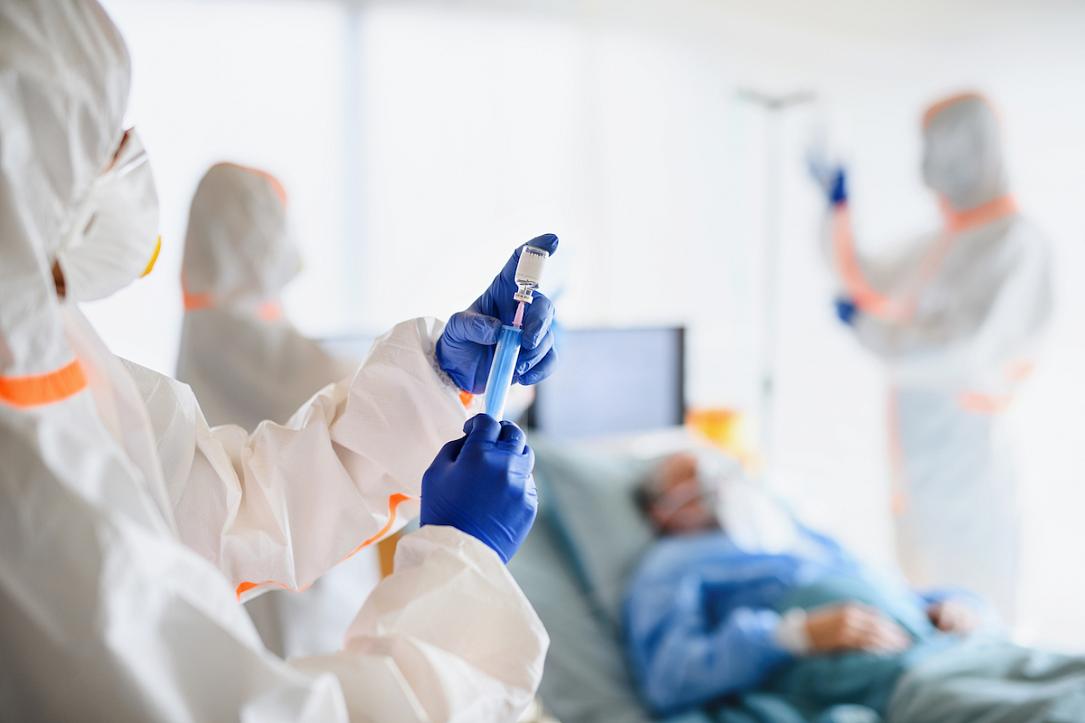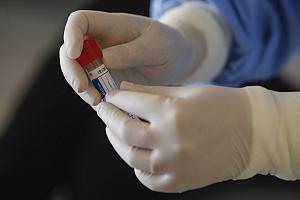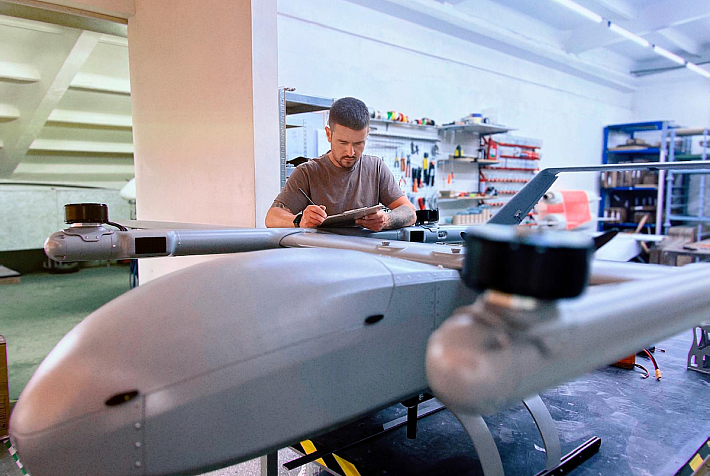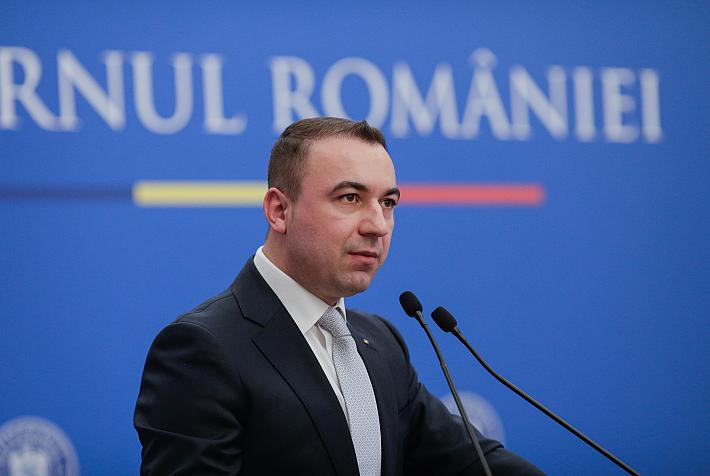Specialists warn of upcoming wave of Covid-19 cases, survey shows almost half of Romanians see low or non-existent risk of infection

Within two-three weeks Romania could record "at least" 1,000 Covid-19 infection cases daily, Alexandru Rafila, the president of the Romanian Microbiology Society, told Agerpres on Wednesday, March 25.
“If there is a very high number of cases in a few days and many complicated cases, it is harder to treat them and the patients are in danger. Now we are talking about hundreds of new cases per day. […] We have to see the new number of cases, which will be correlated, as the diagnosis capacity will increase, it will increase. The more people with symptoms we can test, then certainly the number of cases will increase. I don’t know if the number of new cases is the most relevant but rather the share of older people and of the people with chronic illnesses among these new cases because they have the highest risk; it is very likely that they will be hospitalized in intensive care units […] Probably, withing two-three weeks, even faster, we will reach at least 1,000 cases per day,” Rafila told Agerpres.
Rafila expects the Covid-19 pandemic to last up to two years, until a vaccine will be developed but says a drug to treat the new coronavirus could be available this summer.
“I think this drug will be available this summer. I don’t know if it would be accessible, meaning if anyone would be able to purchase it, all countries. There is a period for any new product when the production needs to be organized but, surely, it will be available. It will probably take a while until the production will be expanded globally,” he said.
Rafila said the social distancing measures could last until the number of new daily cases and the serious case would stabilize.
“We will continue to witness an increase in the number of cases in the coming period, this is clear to everyone. The first deaths occurred, among older people, with other chronic illnesses. […] I think these measures will be in place until we manage to go past the fast expansion period, currently registered in our country as well. We are behind what happened in Western Europe, in Italy, France, Spain and Germany, but we expect the number of cases to grow and it is important to be able to accommodate people with serious, complicated forms of the disease, to be able to treat them in intensive care. We should not forget that a patient treated in intensive care remains there for approximately three weeks,” Rafila explained.
Meanwhile, a survey carried out by INSCOP Research at the request of Capital magazine revealed that 40% of Romanians believe their risk of being infected with the Covid-19 coronavirus is small or non-existent.
The survey was carried out between March 20 and March 24, among 800 people aged over 18. It has a maximum data error of ± 3.5%.
When asked to evaluate the risk of contracting the Covid-19 infection, 23% of respondents said they had a high risk, 28.4% that they had a moderate risk, 24.6% a low risk, and 18.9% no risk at all, while 5.1% did not answer.
The same survey showed 94.1% of Romanians agree with the authorities declaring the state of emergency in order to limit the Covid-19 pandemic. Only 5.1% disagreed with it.
When asked if Romania’s economy will be affected or not by the Covid-19 pandemic, 91% of those surveyed answered affirmatively, 5.2% negatively, and 3.9% did not answer.
Most of the respondents (97.1%) said the state should take special measures to help the citizens who were impacted economically by the Covid-19 pandemic, while 1.5% did not agree and 1.4% did not answer.
When asked about the main measures the state should take to support those impacted by the pandemic, 44.3% pointed to the deferral of installments, 43.8% to the state paying a percentage of the salary on the condition that the employer does not fire anyone, 25.5% to a state-covered vacation, 25% to tax cuts, 21.7% to tax exemptions, 21.5% to the state paying a part of the utilities of those fired because of the Covid-19 pandemic, while 1% pointed to other measures.
editor@romania-insider.com













